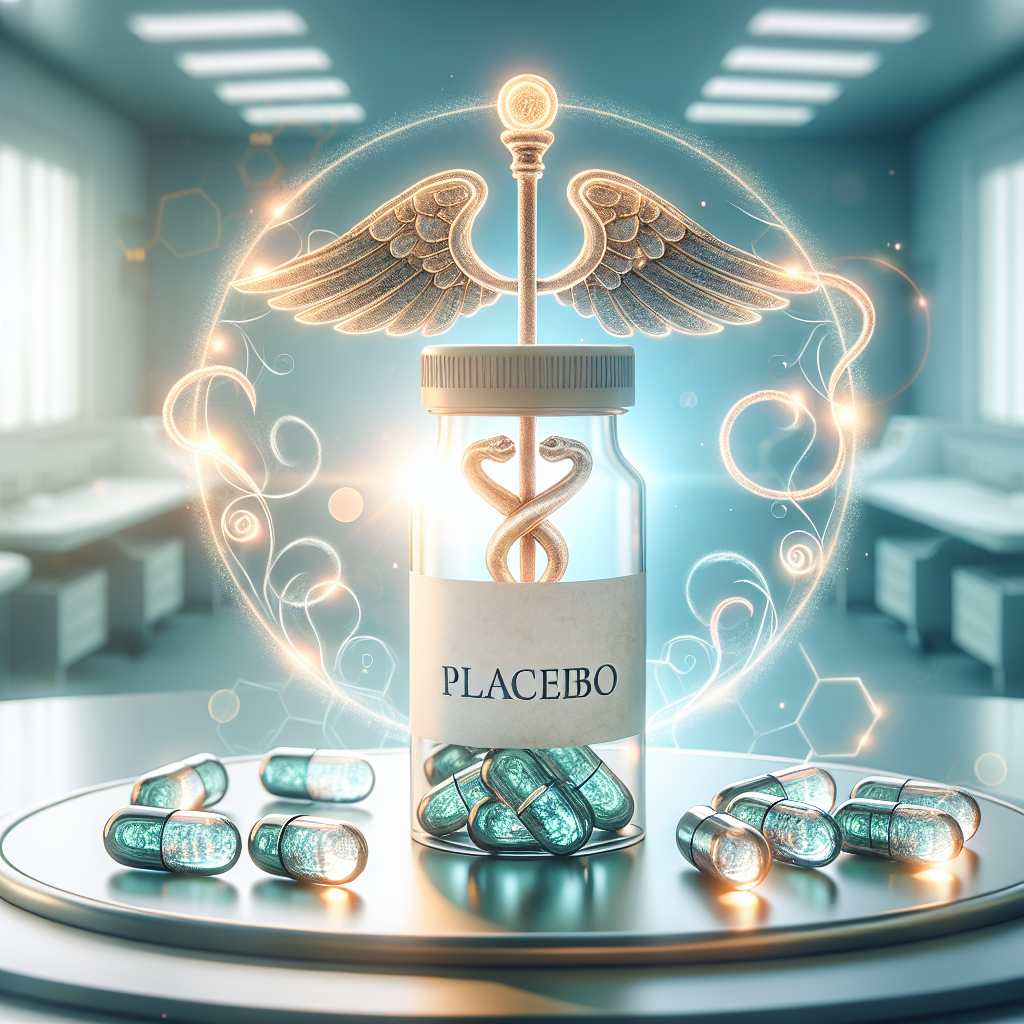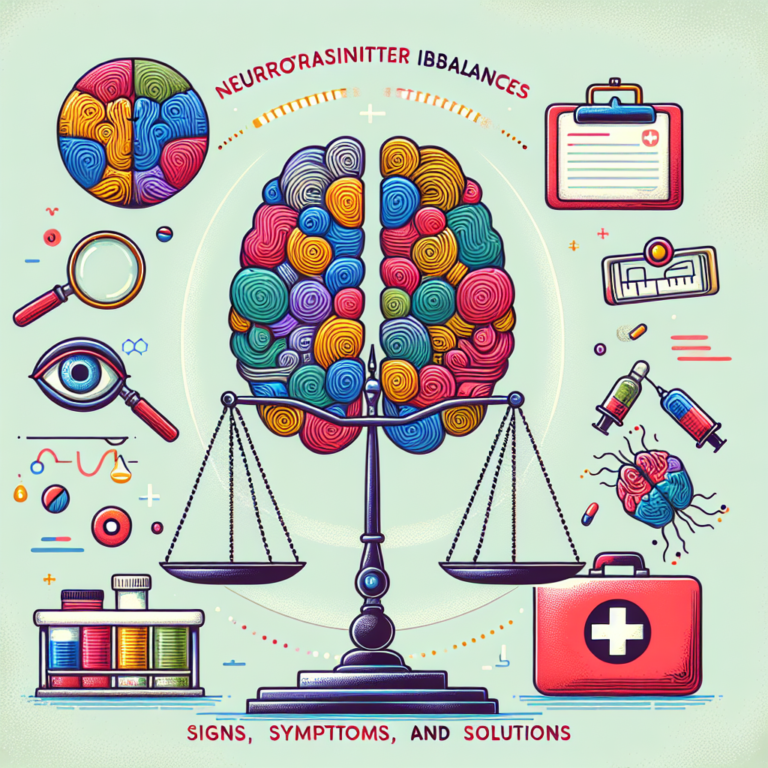
Introduction
Imagine having a breakthrough treatment for a debilitating condition, only to discover that the improvement in symptoms can be attributed, in part, to the power of belief. The fascinating world of placebos in clinical trials reveals the intricate dance between mind and body—a relationship that may hold profound implications for the future of medicine. As we delve into the question, "Placebos in Clinical Trials: Are We Ignoring a Key Component of Healing?" we encounter a domain rife with controversy yet brimming with promise.
The concept of the placebo effect has captivated scientists, clinicians, and patients alike, serving as both a reminder of the human mind’s astonishing capabilities and a challenge to traditional paradigms of medical healing. How often do we overlook this potent tool in developing new treatments? Join us on this captivating journey as we navigate the intersection of healing, belief, and scientific inquiry.
Understanding the Placebo Effect
A Brief History
The placebo phenomenon has roots that dig deep into the early days of medicine. Initially dismissed as mere "sugar pills," placebos have transformed into a vital component of clinical research. In the 20th century, the randomized controlled trial emerged as the gold standard of medical testing, bringing the placebo onto center stage.
What Is a Placebo?
A placebo is an inert substance designed to mimic an active treatment but devoid of any therapeutic effect. Placebos are pivotal in clinical trials, serving as a benchmark to assess the efficacy of new treatments. Understanding the mechanics of the placebo effect opens the doors to the broader implications of healing.
Exploring the Mechanism
The action of placebos engages complex biological and psychological processes. These could include:
- Expectation: The belief that a treatment will work can activate the brain’s reward centers.
- Conditioning: Previous experiences with medications can condition the body to respond positively to placebos.
- Neurotransmitters: Certain placebos have been shown to trigger the release of neurotransmitters like endorphins, further contributing to perceived relief.
The Role of Placebos in Clinical Trials
Mandatory or Optional?
The role of placebos in clinical trials has sparked debate. Some argue they are vital for measuring true treatment effects, while others question whether reliance on placebos undermines ethical standards. We must explore the complexities surrounding their use.
Case Study: The Depression Trials
In a series of trials studying the effectiveness of antidepressants, nearly 30% of participants on placebo reported significant improvements. This figure doesn’t just underscore the validity of the placebo effect—it illustrates the immense power of belief in mental health treatment, raising the question: "Placebos in Clinical Trials: Are We Ignoring a Key Component of Healing?"
Ethical Considerations
The ethics surrounding placebo use are complex. When is it appropriate to administer a placebo, and when does it become deceptive? In certain situations, such as treating conditions with limited options, placebos can provide patients with hope and relief, even if not explicitly stated.
| Ethical Considerations | Explanation |
|---|---|
| Informed Consent | Patients should be aware of placebo use. |
| Deception vs. Honesty | Balancing patient care with transparency. |
| Therapeutic Benefit | Ensuring no harm comes from placebo administration. |
Case Study: Chronic Pain Management
A study on chronic pain patients showed that a significant percentage could reduce pain perception through placebo interventions alone. This finding emphasizes that our treatments must consider psychological healing mechanisms, especially in cases where traditional medications fall short.
Placebos Beyond the Clinic
Real-World Applications
Placebos are not limited to clinical drug trials; their applications extend into everyday healthcare scenarios. Various healthcare providers incorporate placebo techniques into their practice, enhancing patient experience and outcomes.
The Power of a Pill
Consider a clinical setting where a healthcare professional prescribes a placebo, explaining it only as a potent treatment. The resulting improvements often suggest that the mind’s influence can significantly alter physiological responses.
Case Study: The Varieties of Placebo Responses
In examining various studies, researchers found that acupuncture, sham surgeries, and even simple dietary changes yielded placebo responses. The common thread? Patients believed in the effectiveness of the interventions.
Patient-Centric Approaches
Adopting patient-centric care can enhance the healing process. By engaging patients in dialogue and encouraging them to share their thoughts, healthcare providers can amplify the beneficial effects associated with placebo responses.
Challenges and Critiques
Unpacking Skepticism
Despite compelling evidence supporting placebos’ effectiveness, skepticism remains. Critics argue that using placebos may dilute the perceived efficacy of real medications. The risk is not just about the drug; it extends into the broader narrative of healing.
Placebos in the Age of Information
As patients become more informed, the traditional doctor-patient dynamic is shifting. How do placebos fit into this new paradigm? With widespread access to medical information, transparency and trust are essential.
Conclusion
As we ponder "Placebos in Clinical Trials: Are We Ignoring a Key Component of Healing?", it becomes clear that understanding the placebo effect is vital to recognizing how we frame treatment paradigms. The mind’s ability to influence physical health underscores the need to bridge the gap between psychological and physiological care.
Reflect on a future where placebos aren’t just an afterthought in clinical trials but a recognized component of comprehensive healing strategies. Imagine a world where medical professionals embrace both mind and body in their approaches—considering the whole person rather than mere symptoms.
FAQs
1. What is a placebo?
A placebo is an inert substance that does not contain any active ingredients. It’s often used in clinical trials to measure the effectiveness of a new treatment.
2. How does the placebo effect work?
The placebo effect works by exploiting the brain’s expectation and conditioning, which can facilitate real physiological changes in the body.
3. Are placebos ethical to use in clinical trials?
The ethics surrounding placebo use can be complex. They are generally considered ethical if the patient is informed and understands the potential effects, although transparency is key.
4. Can placebos be used outside clinical trials?
Yes, placebos can be integrated into real-world healthcare as complementary treatments, especially in pain management or psychological therapies.
5. Why are placebos significant in the context of healing?
Placebos remind us that psychological factors can significantly influence the healing process, suggesting a holistic approach that incorporates both mental and physical health strategies.
Call to Action
As we continue to unlock the mysteries surrounding "Placebos in Clinical Trials: Are We Ignoring a Key Component of Healing?", consider how belief and expectation might be integrated into your approach to health and healing—whether for yourself or your patients. Together, we can embrace a future that celebrates the mind’s power, ultimately elevating the healing journey for all.















